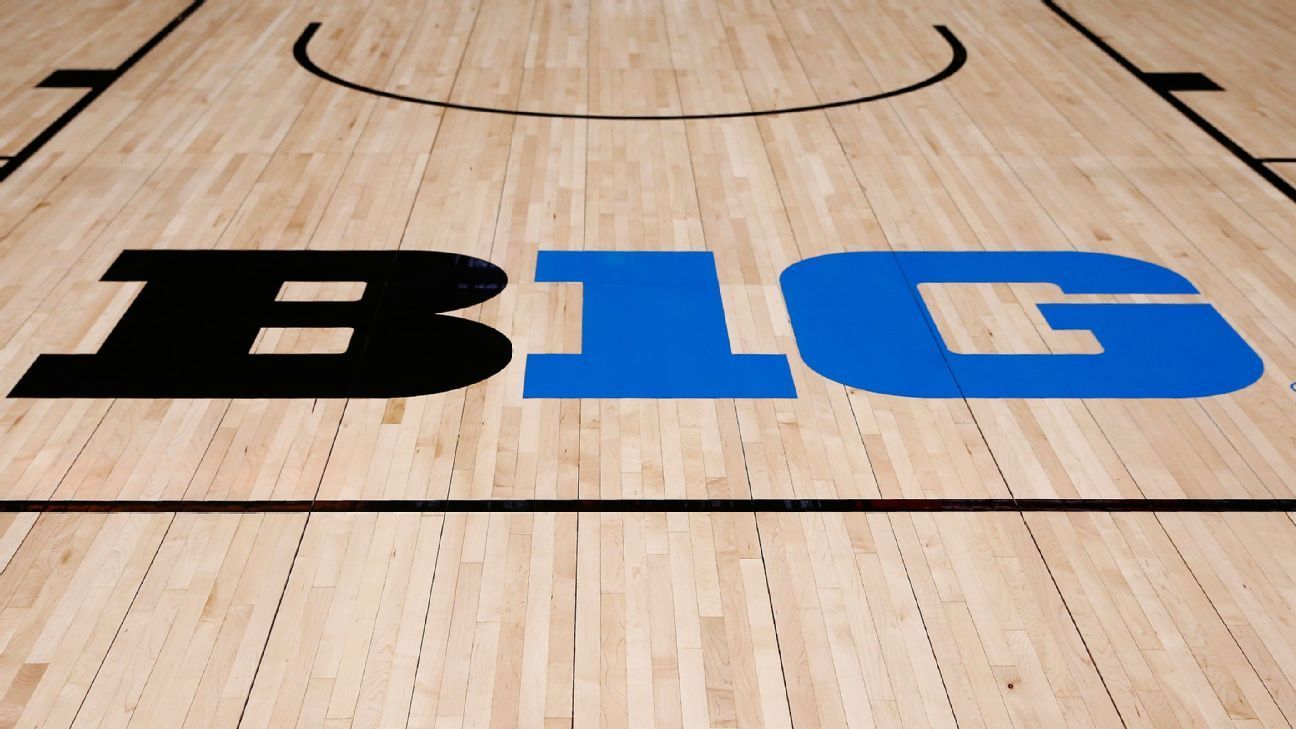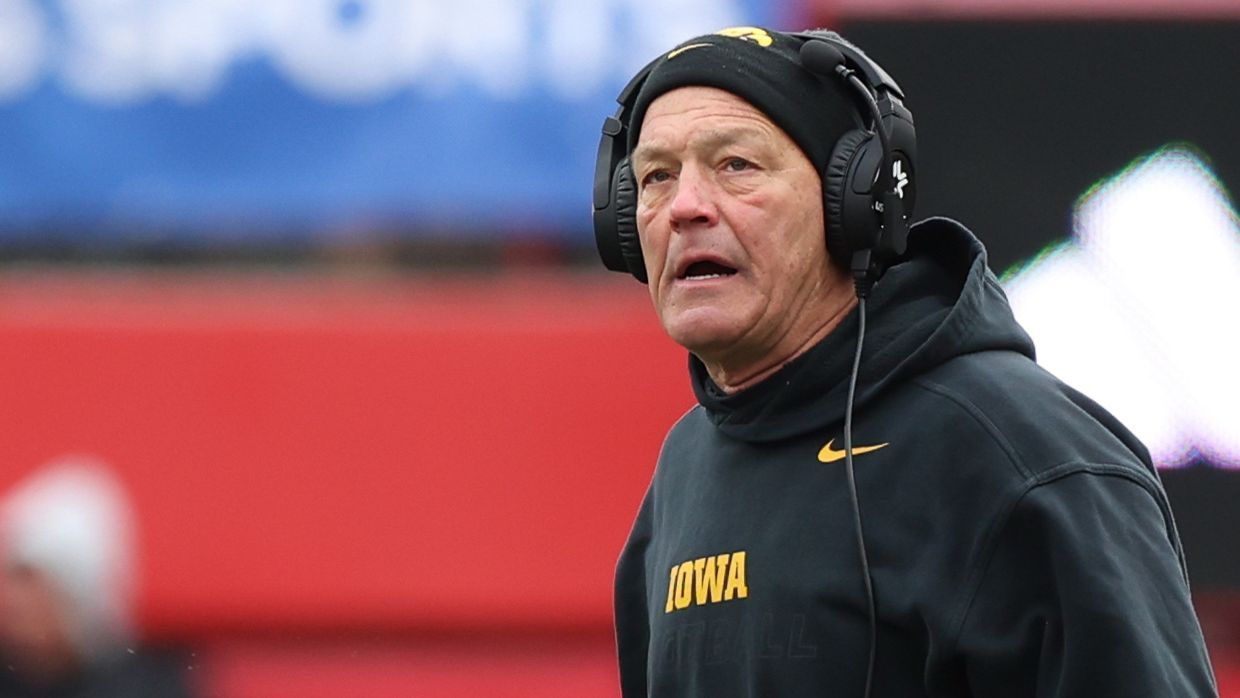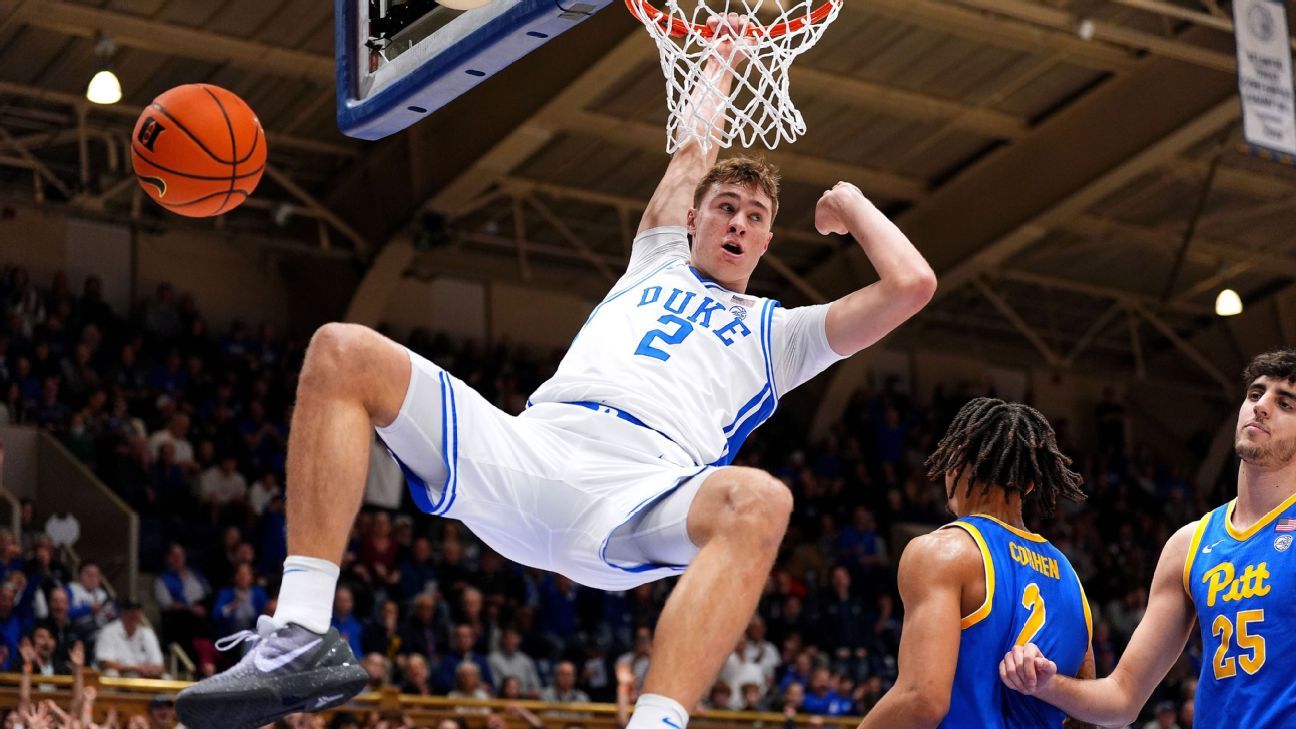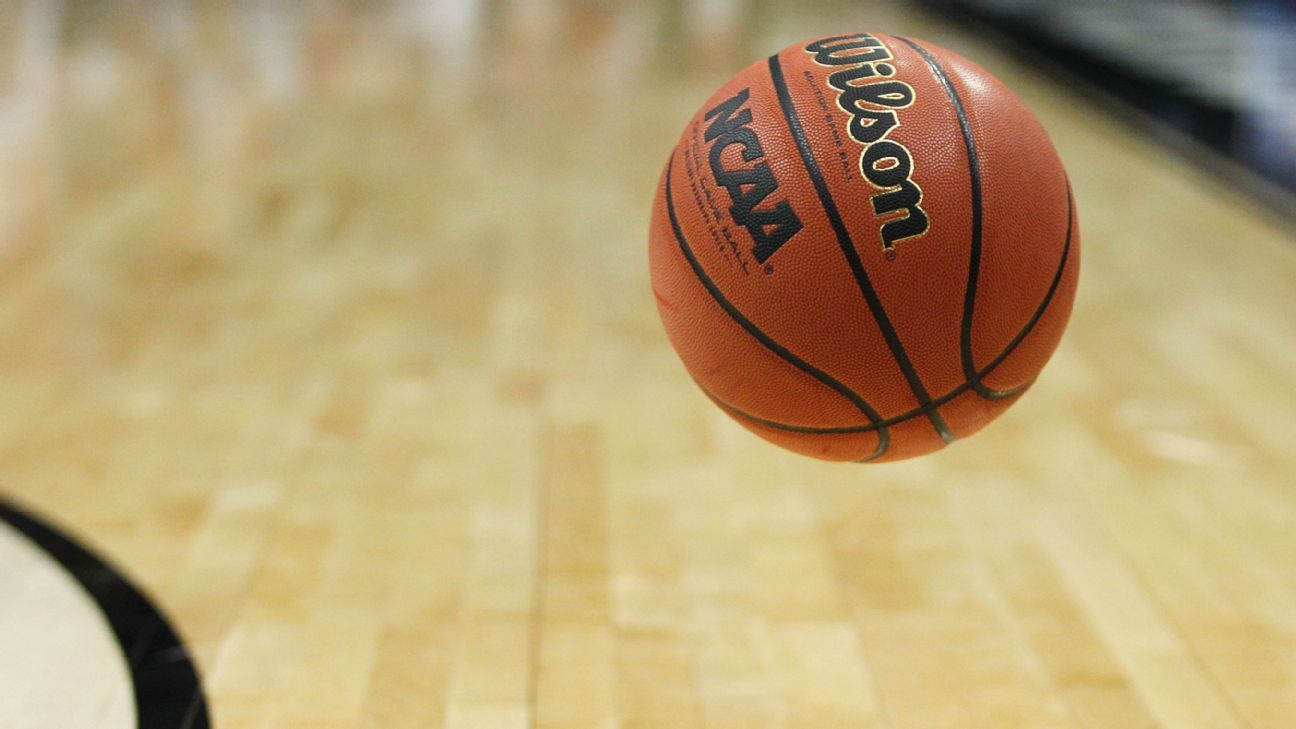INDIANAPOLIS — After expanding each of the past two summers, the Big Ten expects to remain at 18 members as it prepares to welcome four new additions from the West Coast.
Commissioner Tony Petitti said Tuesday at Big Ten media days that the league is “focused on the 18 right now” as USC, UCLA, Oregon and Washington are set to officially join the conference next month. Petitti took a similar position regarding USC and UCLA at the 2023 Big Ten media days, but the Pac-12’s move to other conferences resulted in a quick turnaround and the additions of Oregon and Washington in early August.
“It took a lot of work to get USC and UCLA on board, and we started working again immediately when we added Oregon and Washington,” Petitti said. “So I think we're very comfortable with where we are right now. We have to make this conference work well, and that's what we're focused on.”
Petitti praised the accomplishments of the four new members during his opening remarks, highlighting 10 Heisman Trophy winners, 73 College Football Hall of Famers, 41 Rose Bowl championships and 173 first-round NFL draft picks, including six in the 2024 draft and the No. 1 overall pick in USC quarterback Caleb Williams. In-season travel will be more challenging for both the four schools and existing Big Ten members, though the league crafted football schedules to avoid coast-to-coast travel in back-to-back weeks.
“I think scheduling is something that the sport needs to constantly evaluate,” Petitti said. “And I anticipate that we'll get a lot more things right in the years to come, with the way we've designed and scheduled games. But it's our job to listen to the student-athletes, listen to the coaches, make sure that we're making the adjustments and changes that we need to.”
Petitti announced that the Big Ten football championship game will remain at Lucas Oil Stadium in Indianapolis through at least 2028, but that alternative sites, including those on the West Coast, will be explored. The league's title game has been played in Indianapolis since its inception in 2011.
“It's really important that markets across the country can experience the Big Ten championships,” Petitti said. “It's a really good way to connect the conference. So over time, we'll start to see the geographic footprint expand.”












